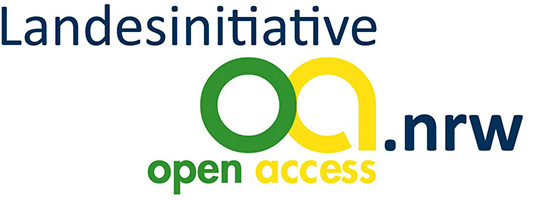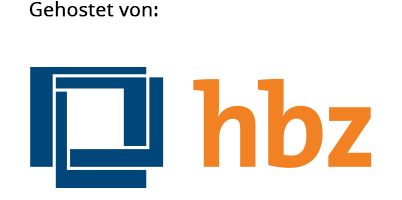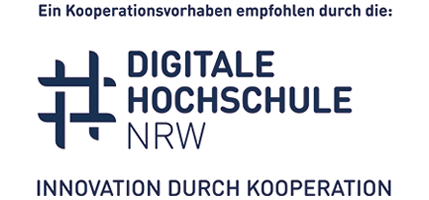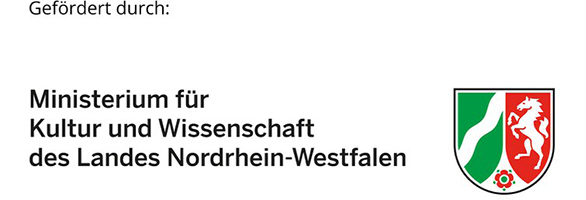Learning from Demonstration in Material Handling Processes
DOI:
https://doi.org/10.2195/lj_proc_enke_en_202211_02Keywords:
Flexibility, Flexibilität, Material Handling Processes, Materialhandhabungsprozesse, Robotik, roboticsAbstract
Processes in material handling must be flexible and easily adaptable. It is simple for a human to learn to grasp a box from a shelf. To teach a robot to do the same requires programming skills and therefore skilled personnel. Because of this the Learning from Demonstration (LfD) approach is gaining importance in recent years. A robot learns from a human demonstrating a task and then reproduces it in new situations. In the area of material handling many situations could benefit from the use of robots, but the implementation often fails because of complex programming or the lack of flexibility of the automated solutions. Therefore, a framework is presented, that is tailored to these specific requirements. The 5+5 Steps of the Material Handling Loop propose that most tasks in material handling can be segmented into simpler rules. Each of these tasks consist of picking up an object from a source, moving it to a sink and placing it down again. The flexibility of this approach was investigated in two experimental series. While there are still some short-comings and open issues, it is shown, that this framework enables adaptive and flexible applications for LfD in material handling processes.Downloads
Published
2022-11-02
How to Cite
Enke, C., & Auberle, J. (2022). Learning from Demonstration in Material Handling Processes. Logistics Journal: Proceedings, (18). https://doi.org/10.2195/lj_proc_enke_en_202211_02
Issue
Section
Artikel








